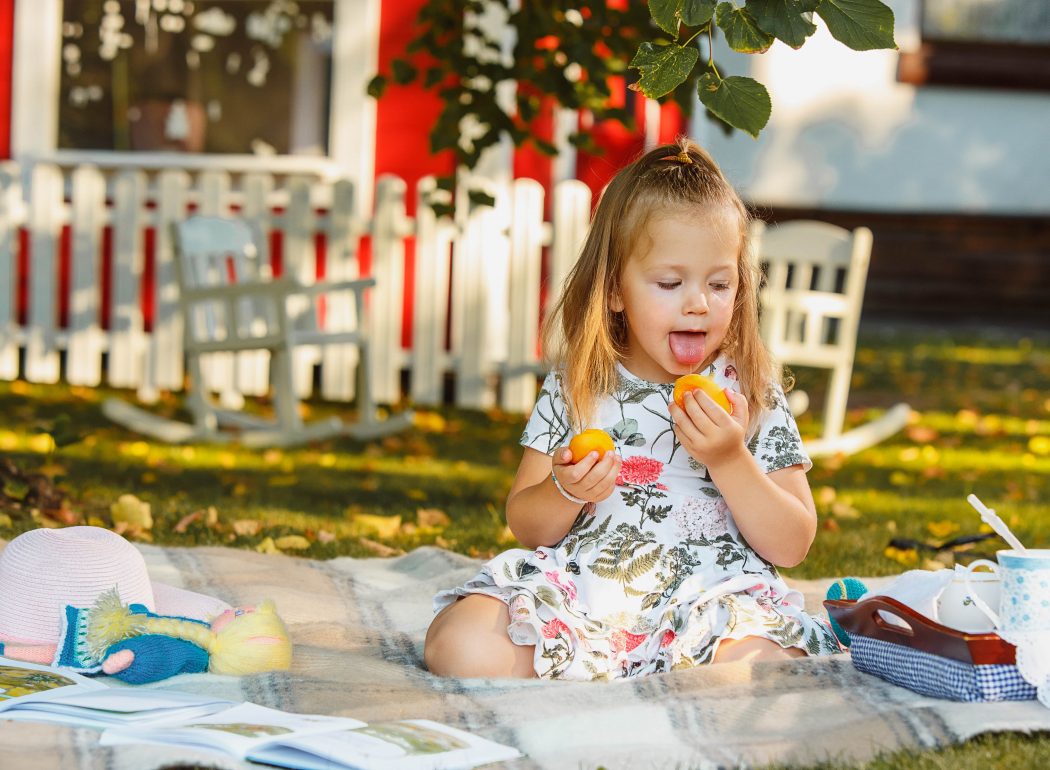At best, food poisoning can be quite unpleasant. At worst, it can cause serious medical issues that may require hospitalization.
Here’s what you need about food poisoning so you can keep your children safe.
What is Food Poisoning?
Food poisoning, also called food-borne illness, is an illness caused by eating food contaminated with bacteria, viruses, parasites, or toxins.
Signs and symptoms, which usually occur a few hours after consuming contaminated food, may include nausea, vomiting, and diarrhea.
How Do People Get Food Poisoning?
People get food poisoning by consuming foods contaminated with infectious organisms (bacteria, viruses, parasites) or their toxins.
Foods that most often cause food poisoning include:
- Raw meat
- Raw/undercooked poultry/fish (these must be cooked completely through)
- Raw eggs
- Unwashed vegetables
- Some raw vegetables and leafy greens
Common bacteria/other infectious organisms that cause food poisoning include:
- E Coli
- Salmonella
- Campylobacter
- Norovirus (virus)
- Shigella (parasite)
Proper storage and cooking of food are vital to killing bacteria that cause food poisoning.
Signs and Symptoms of Food Poisoning
Food poisoning symptoms range from mildly unpleasant to requiring hospitalization. Most forms of food poisoning cause one or more of the following:
- Nausea
- Vomiting
- Fever
- Abdominal cramps/pain
- Diarrhea
These symptoms typically occur within a few hours of eating contaminated foods, although they may sometimes appear after a few days. Once symptoms occur, they can last from a few hours to a few days.
If you see your child experiencing any of the following, seek medical attention immediately:
- Frequent vomiting
- Diarrhea for 3 or more days straight
- Blood in stool
- Excessive pain/abdominal cramps
- Oral temperature exceeding 100.4 degrees Fahrenheit
- Dehydration signs and symptoms
- Neurological symptoms (muscle weakness, blurry vision, tingling)
What to Do If Someone Has Food Poisoning
Vomiting and diarrhea, two of the most common symptoms, will dehydrate your child fast. Make sure your child is drinking a lot of water.
However, don’t make them drink too fast. If they drink the water too fast, they may vomit again. Have them sip water slowly but consistently throughout the day while symptoms persist.
While they are drinking that water, investigate what might have caused the food poisoning by seeing what your child has eaten recently. If anyone else is in your family experiences similar symptoms, it may be food in your house. Throw that food out immediately if that is the case.
Lastly, if any of the more serious symptoms mentioned in the previous section occur, seek medical attention right away.
How to Avoid Food Poisoning
Preventing food poisoning comes down to cleanliness. Follow these steps to keep clean and avoid food poisoning:
- Wash your hands before preparing or eating any foods
- Wash your hands after touching raw meat, fish, eggs, and similar animal products
- Wash fruits and vegetables before cooking or eating them
- Make sure all cutlery, dishes, food prep utensils, and food prep surfaces are clean before using them
- Cook food properly — Chicken and fish should be cooked through with no pink inside
- Check “use-by” dates
- Refrigerate dairy foods whenever they are not in use
- Clean up fridge spills
- Use separate cutting boards for meat and veggies
- Watch out for funny smells or spots that look moldy/rotten




